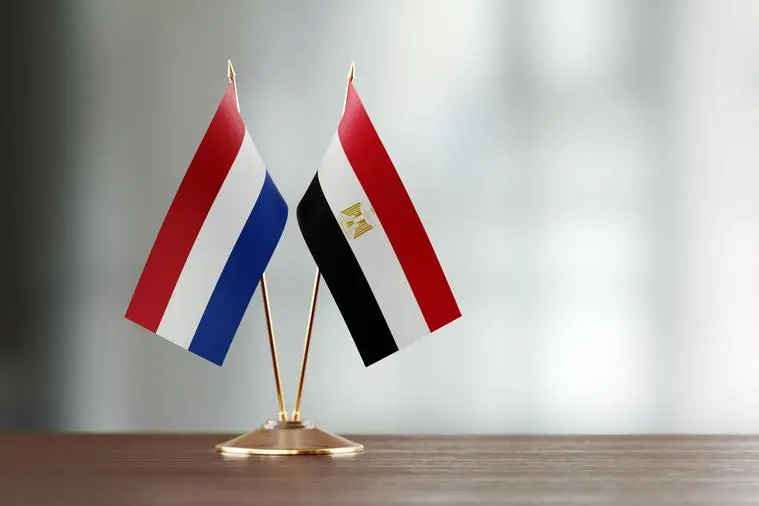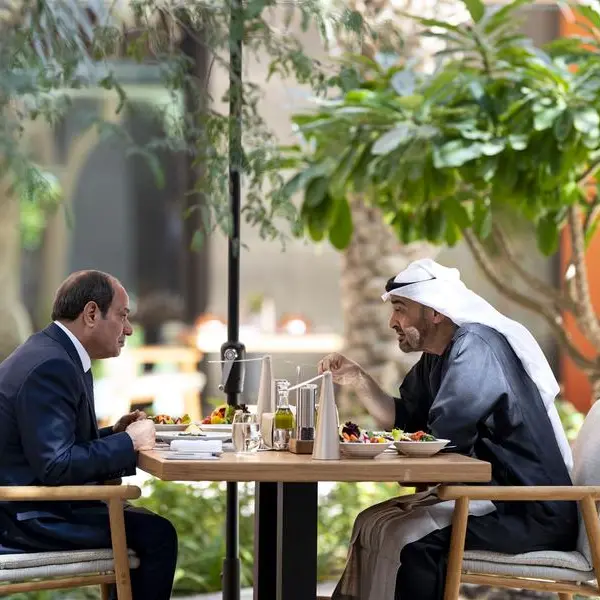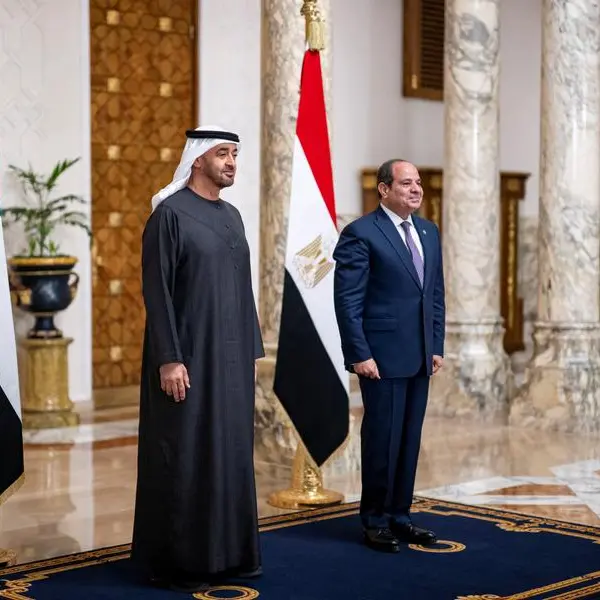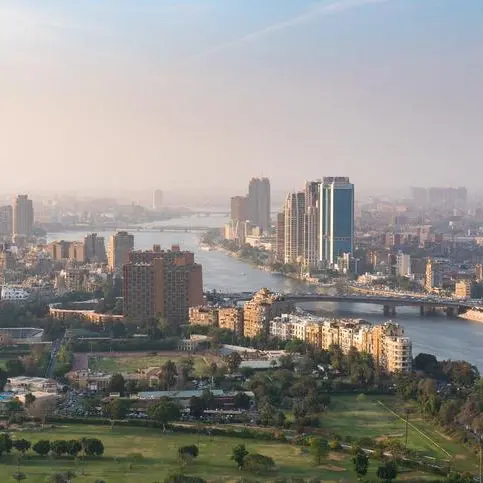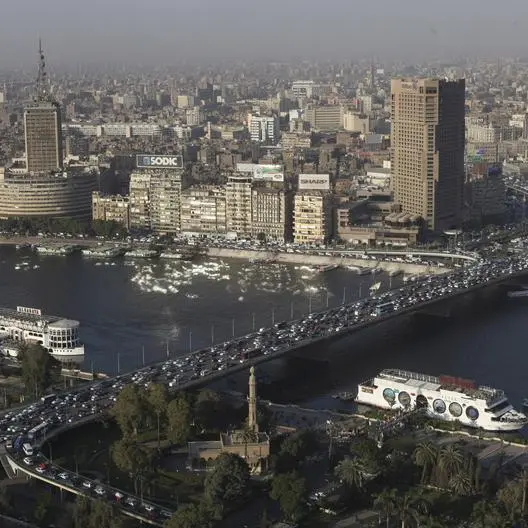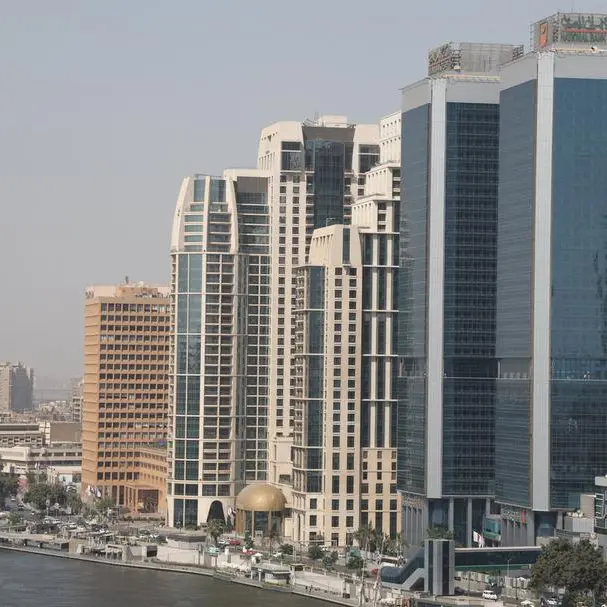PHOTO
The Netherlands and Egypt have maintained strong ties for decades. As global dynamics continue to evolve, the strategic significance of the partnership between the Netherlands and Egypt in the Middle East and North Africa region has grown significantly across various domains.
Recently, Daily News Egypt interviewed the Dutch Ambassador in Cairo Peter Mollema, who discussed the deep-rooted connections between the two nations. These connections span economic, political, diplomatic, developmental, and cultural dimensions.
What is your assessment of the current Dutch-Egyptian relations?
The current Dutch-Egyptian relations are positive and improving. There exists a robust bond between the two countries across various domains, including politics, diplomacy, economy, and social aspects. These ties are deepening over time, and I anticipate further strengthening, particularly in terms of economic cooperation.
Regarding the economic relation, how much was the trade exchange between the two countries in 2023?
In 2023, the trade exchange between the Netherlands and Egypt amounted to €3.5bn. Of this total, the Netherlands exported goods worth €2bn to Egypt, while Egypt exported goods valued at €1.5bn to the Netherlands. This trade volume underscores Egypt’s significance as a key economic partner in North Africa, and it is expected to continue growing substantially in the coming years.
What is the current number of Dutch tourists visiting Egypt?
Despite the challenges posed by the COVID-19 pandemic, tourism is gradually recovering. In 2023, approximately a quarter million Dutch tourists visited Egypt. The Egyptian government’s efforts to enhance foreign exchange regulations have made Egypt an affordable holiday destination. Dutch tourists, who often prefer beach tourism spots like Hurghada and Sharm El-Sheikh, tend to spend longer durations at the beach and shorter visits exploring other places. Overall, Dutch tourists can be found throughout the country. Looking ahead, we expect tourism in Egypt to continue bouncing back, attracting more visitors from the Netherlands and other countries. Additionally, around 15,000 Egyptian visas are issued annually, with most of them being for tourism purposes, which is a substantial number. We also hope to see more Egyptians travelling to the Netherlands.
What are the Netherlands’ priority cooperation files with Egypt in 2024?
In 2024, the Netherlands has identified several priority areas for cooperation with Egypt:
-
- Security and Conflict Resolution: Addressing the security situation in the Middle East, particularly the ongoing conflict in Gaza, is a key focus. Both countries aim to improve humanitarian access and work toward long-term political solutions.
- Economics: Collaboration in sectors such as green hydrogen and agriculture is emphasized.
- Water and Climate Change: Cooperation in these fields is another important element.
- Tourism: The tourism sector remains an essential area of cooperation between the Netherlands and Egypt.
How would you describe the investment environment in Egypt?
The investment environment in Egypt is generally favourable, although challenges have existed for companies doing business there. The Egyptian government has introduced packages to attract foreign investors and improve the business climate. Measures include simplifying access, streamlining customs systems, providing clear tax recommendations, and enhancing administrative and logistical processes.
How can Egypt and the Netherlands cooperate in the field of agriculture?
Egypt and the Netherlands can collaborate in several ways:
-
- Optimizing Water Usage: Implementing Dutch techniques like precision irrigation can maximize crop yields while minimizing water consumption.
- Crop Cultivation: Egypt’s favourable climate allows for growing various crops (e.g., blueberries, strawberries, apples, oranges). Employing water-efficient methods can enhance export potential to Europe and other markets.
- Seed Production and Varieties: Dutch expertise can contribute to developing drought-resistant crop varieties.
- Pesticide and Fertilizer Efficiency: The Netherlands can share knowledge on improving pesticide and fertilizer usage, making them more environmentally friendly and efficient.
How has the political landscape in Egypt evolved in recent years, and what impact has it had on bilateral relations?
In recent years, the political landscape in Egypt has seen President Sisi begin a new term and undergo inauguration. Egypt holds significant importance as a partner for the Netherlands, particularly in terms of security cooperation. Our relationship with this government should continue to build and strengthen ties, and I am fully confident that we will achieve this.
Was there a change in the Netherlands’ strategy for cooperation with Egypt, considering the previous strategy ended in 2022 and the new one extends until 2026?
The strategy remains largely the same, with no significant policy changes. While a new government may set new priorities in the future, for now, we operate based on the existing multi-year plan that will conclude in 2026.
What opportunities exist for enhancing people-to-people exchanges and cultural ties between the Netherlands and Egypt?
Beyond tourism, which is crucial for the Netherlands-Egypt relationship, other cultural ties are emerging:
-
- Sports: The global fame of Egyptian player Mo Salah has heightened interest in Egypt and created positive associations that benefit bilateral relations.
- Cultural Exchanges: Collaborations between Dutch and Egyptian organizations on archaeological finds contribute to shared cultural heritage.
- Museums: The Netherlands hosts many Egyptian artefacts, further linking the two countries.
- Egyptian-themed Attractions: Constructing such attractions in the Netherlands (e.g., pyramids) raises the country’s profile and cements its place in the global imagination.
- Language and Music: The Netherlands’ sizable Arabic-speaking population (800,000 to 1 million) fosters ongoing interest in Middle Eastern music and culture. This recognition extends beyond traditional Dutch cultural boundaries.
The multifaceted approach of tourism, sports, cultural exchanges, and shared heritage strengthens the Netherlands-Egypt relationship. Egypt’s well-established cultural identity, including its ancient history and iconic sites, already contributes significantly to global awareness.
How do you envision the future of the Netherlands-Egypt relationship in light of recent global events and changing priorities? Are there any joint projects or initiatives on the horizon?
The future of the Netherlands-Egypt relationship holds promise, especially considering recent global events and evolving priorities. Notably, there are significant joint projects and initiatives:
-
- Green Hydrogen Development: A memorandum of understanding has been signed between the BP Hydrogen Group and several green hydrogen companies in Egypt. This collaboration aims to advance green hydrogen technologies, contributing to sustainable energy solutions.
- EU Conference: The Netherlands will actively participate in an upcoming EU conference scheduled for late June. During this event, the Netherlands will continue its involvement in multilateral assistance programs, providing millions of euros in annual support. This commitment underscores the shared commitment to global cooperation and development.
In summary, the Netherlands and Egypt are poised to strengthen their partnership through collaborative efforts in energy, international conferences, and addressing global challenges. By working together, we can contribute to sustainable economic growth and enhanced security.
© 2024 Daily News Egypt. Provided by SyndiGate Media Inc. (Syndigate.info).
